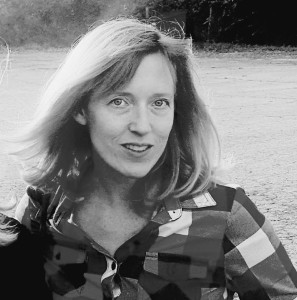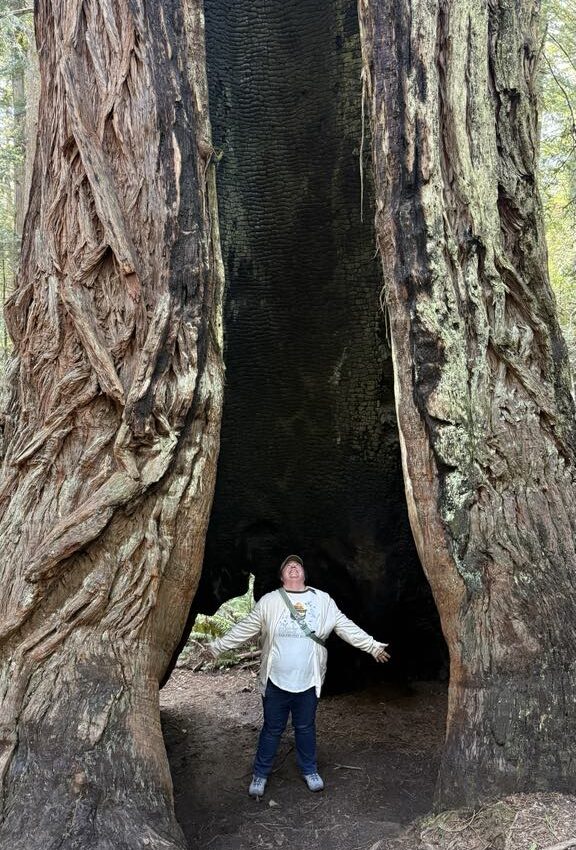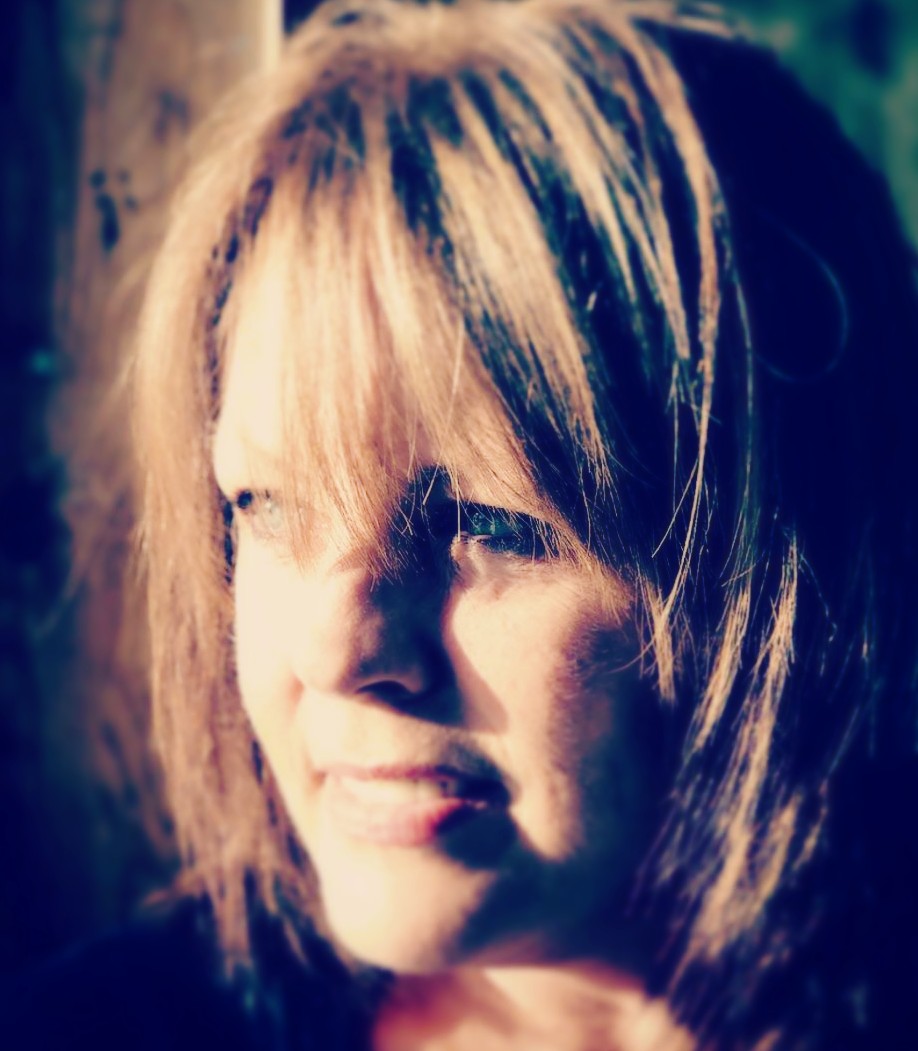An interview by Alicia Cole.
 Jen Knox is a writing coach and academic programs manager. Her writing can be found in The Best Small Fictions 2017, edited by Amy Hempel (Braddock Avenue Books), The Short Story America Anthology, Chicago Tribune, Chicago Quarterly Review, Elephant Journal, McSweeney’s Internet Tendency, MJI News, Room Magazine, The Santa Fe Writers Project Quarterly, and The Saturday Evening Post. She is the author of The Glass City (Hollywood Books International), winner of the Prize Americana for Prose. www.jenknox.com
Jen Knox is a writing coach and academic programs manager. Her writing can be found in The Best Small Fictions 2017, edited by Amy Hempel (Braddock Avenue Books), The Short Story America Anthology, Chicago Tribune, Chicago Quarterly Review, Elephant Journal, McSweeney’s Internet Tendency, MJI News, Room Magazine, The Santa Fe Writers Project Quarterly, and The Saturday Evening Post. She is the author of The Glass City (Hollywood Books International), winner of the Prize Americana for Prose. www.jenknox.com
Black Fox Literary Magazine: What first drew you to writing?
Jen Knox: Hi, Alicia! Good question. I began writing for college assignments – and not just writing classes. I was minoring in psychology, and we had to write quite a few reflective papers. I realized that though I lacked many skills, I enjoyed writing assignments and often found myself thinking about my narratives long after I turned in the assignment. I believe writers do not really have a choice in the matter. We are chosen, and writing becomes more than an assignment or means to an end. Once writing has its grips on us, it becomes an obsession. Somewhere along the way, it became mine.
BFLM: What people, places, events have most transformed your work?
JK: Life is a perpetual journey of transformation. That sounds a little esoteric, I realize, but honestly – I keep living, I keep writing. Every encounter I have, good or bad, chisels away at my clunky process, refining it, making it a touch smoother.
BFLM: How did The Glass City develop?
JK:The Glass City is a collection of eco-centered fabulist fiction. It came together one story at a time. For about two years, I was very intrigued by the idea of human frailty in the face of natural disasters, and the beauty of communal resilience. Luckily, the topic stuck with me long enough to form a manuscript, though that wasn’t the goal.
BFLM: In your opening story, “The Glass City,” one of the characters states, “That’s all we can do, I guess. Work at what we love, and wait for the good part.” This theme repeats throughout the collection. How did you pick up this thread as you were gathering the stories together?
JK: I cannot say that particular theme was a conscious effort or even on my radar, though I suppose working hard is a hallmark of my characters in general. They tend to have grit and dry humor – likely influences from my Midwestern upbringing.
BFLM: Your stories strike at the flaws of humanity. What is the intersection of human frailty and a perfected story? What is your perspective as an author at this intersection?
JK: If I ever started a story that did not have characters with human flaws, I likely didn’t finish it. I love to root for a character who is striving and wanting and finding life tough because we all are in this position. Rarely do we coast. I think the perfected story is merely the one that shows struggle, the promise of change, and a realization.
BFLM: What are you working on now?
JK: I am writing a book about a Midwestern family struggling to navigate political divide and limited resources. It is narrated by a young woman who is losing hearing and gaining perspective on life. I am in the final stages of editing this manuscript, and I hope it finds a good home.
BFLM: What’s your favorite animal? What does your animal say about your creative style? If you could be this animal, would you and why?
JK: Cats, all cats. I’m a Leo, and that may have something to do with it. I prefer to have dogs as pets, but cats are fascinating. They are so graceful and powerful and moody. I respect all of that. I don’t know that I’m the most graceful writer, but I definitely aim for power and mood. If I could be another animal, I’d be a sloth. This seems counterintuitive because I’m a rather industrious person, but I believe the experience would teach me something valuable about life.
Jen’s work appears in Black FoxIssue 1.



